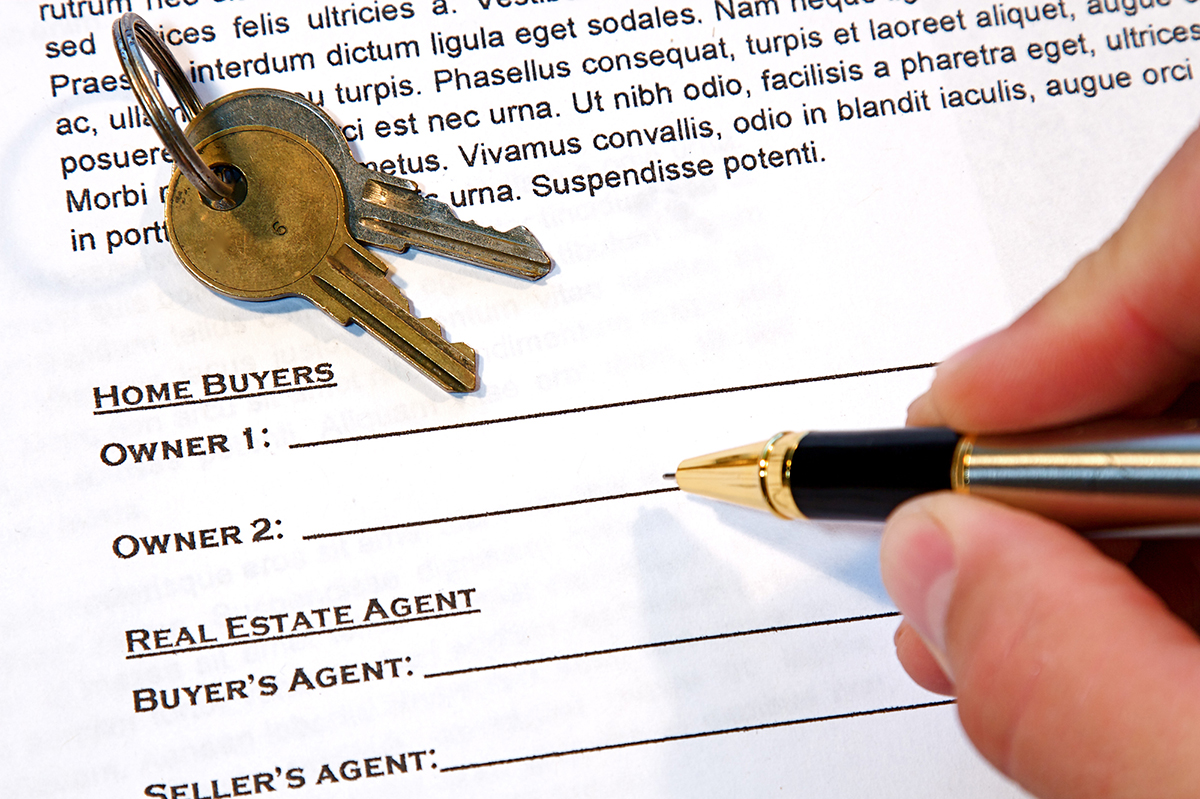We are frequently asked to review contracts for the sale of real estate and to advise our client (either the buyer or the seller) as to legal issues which surround the transaction. Unfortunately, many times a client who wishes to retain us has already signed the contract and then seeks our advice. In this situation, the client is at a disadvantage in trying to rectify any problems which exist with the contract, because the other party is under no obligation to make changes to the contract after it has been signed.
For this reason, we analogize having a real estate attorney review a real estate contract prior to signing it, as being similar to looking both ways before pulling your car out into oncoming traffic. If you pull out into traffic without looking, you may have “an accident” or you may not, but why take the risk? Unfortunately, we often encounter clients who have had a “real estate accident” before they come to see us.
A real estate transaction involves parties with differing interests. All aspects of a real estate transaction are negotiable, even though many real estate transactions involve the use of so-called “form contracts.”
There is no such thing as a “form contract” which is suitable for all real estate transactions. Often, the provisions of a form contract can be used for some of the routine aspects of the transaction, but the specific intentions of the parties must usually be customized through the use of an addendum, which modifies the form contract.
Generally speaking, sellers want to sell for the highest price possible, make little or no representations concerning the property, be relieved of all liability following the closing, and typically want to make no repairs or improvements to the property prior to closing. Buyers, on the other hand, are generally looking for a low price, want the seller to make warranties and representations as to the condition of the property and want repairs to be made or title defects to be corrected prior to closing. Buyers also typically want their offer to purchase to be contingent upon obtaining satisfactory financing, a satisfactory inspection of the property, acceptable zoning and other matters which, if not acceptable, would allow the buyer to terminate the contract. The seller typically wants none of these provisions in the contract and wants the transaction to close and the contract to be “airtight” when it is signed.
The form contracts that have been created by The Florida Bar, in cooperation with the Florida Association of Realtors (the “FAR/BAR Contract”) contain provisions that may or may not be acceptable to the parties in a particular transaction. Upon being advised as to the ramifications of some of these “standard contract provisions,” many buyers and sellers whom we have represented have requested that some of those provisions be deleted from their contracts, or revised.
The “form contracts” in use today include many more than just the FAR/BAR Contracts. Some realty companies prepare their own “form” contracts, and developers and builders typically create their own “form” contracts, as well.
Many times disputes can arise between a buyer and seller as a result of an inadequately prepared contract. Problems may arise as a result of an inaccurate or inadequate legal description of the property, failure to list all items of personal property to be included as part of the sale, and even the failure of proper parties signing the contract to make it legally enforceable.
Similarly, it has been our experience that when contracts are entered into to sell property of a deceased person, they are frequently signed by some, but not all of the persons who are required to execute the contract. If all of the heirs or beneficiaries do not sign the contract, they may refuse to close the transaction. The Personal Representative of an estate may not have the authority to enter into a contract, especially if the property was the decedent’s homestead property.
Repair provisions in real estate contracts frequently trigger disputes between buyers and sellers.
These are just a few of the examples of problems that we frequently encounter in reviewing real estate contracts for buyers or sellers.
The purchase or the sale of real estate is generally the largest transaction in which most people will be involved during their lives. Accordingly, care should be taken when entering into a contract. We recommend that you consult with one of the experienced real estate attorneys at Gibbons | Neuman to advise you as to your legal rights and to assist you in creating a contract which meets your needs, before you sign the contract.








Stay In Touch